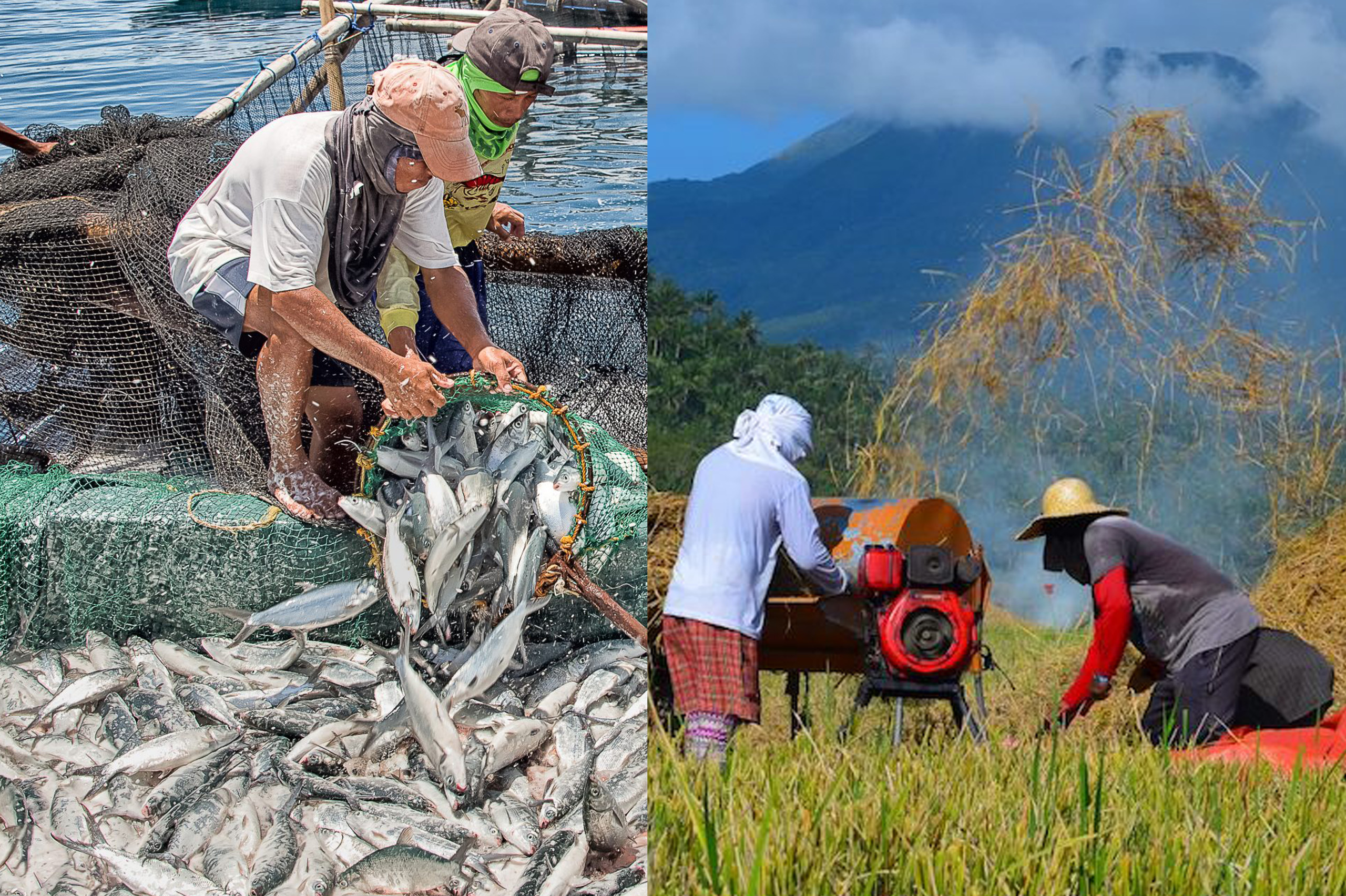
n an effort to ease the socio-economic effects brought by the COVID-19 pandemic and other emergencies, the Department of Social Welfare and Development (DSWD) continues to strengthen its initiatives to support the most vulnerable and the marginalized, including fisherfolk and farmers.
Pursuant to the 2022 General Appropriations Act (GAA), the DSWD is mandated to develop a social protection system, which includes income support program for the fisherfolk whose livelihoods are negatively affected during periods of closed seasons for fishing as declared by the Bureau of Fisheries and Aquatic Resources (BFAR), as well as during calamities and lean or typhoon months.
The DSWD has inked a Memorandum of Agreement with the Department of Agriculture – BFAR in November 2021 to develop a social protection program for fisherfolk and their families during periods of inclement weather, when small crafts are prevented from going out to sea, hence affecting their income and livelihood.
Part of the agreement is to ensure that the fishing industry sector, particularly those who are small-scale, are accorded with social protection packages from the Department. These include the provision of livelihood, financial, and medical assistance, among others. The DSWD implement these initiatives in accordance with the existing guidelines of DSWD programs.
Furthermore, the DSWD has committed to promote the goods and services of fisher folk by forging linkages and partnerships with the local government units and private entities and organizations.
Meanwhile, the Department has urged its Field Offices and other program implementers to engage local farmers in the procurement of raw materials for its feeding programs this year. As stipulated in DSWD Administrative Order No. 4, Series of 2016 or the Amended Omnibus Guidelines in the Implementation of the Supplementary Feeding Program (SFP), the FOs shall prioritize the involvement of local farmer’s organizations, which are composed of poor and smallholder farmers, in the procurement of rice, viands, and non-rice based snacks, through Community Participation as a Negotiated Procurement Modality.
In support of the ongoing initiatives, the DSWD’s Enhanced Partnership Against Hunger and Poverty (EPAHP)-National Program Management Office is closely coordinating with the Government Procurement Policy Board (GPPB) to set and facilitate an orientation and training this semester. This aims to further expand the engagement of DSWD and local farmers in the implementation of SFP, and will enable poor farmers and fisherfolk to meet the demands of the Department’s feeding program.
The DSWD continues to innovate ways to assist small scale farmers and fisherfolk, who serve as the backbone of the country’s economy, through its partnership with different agencies.













